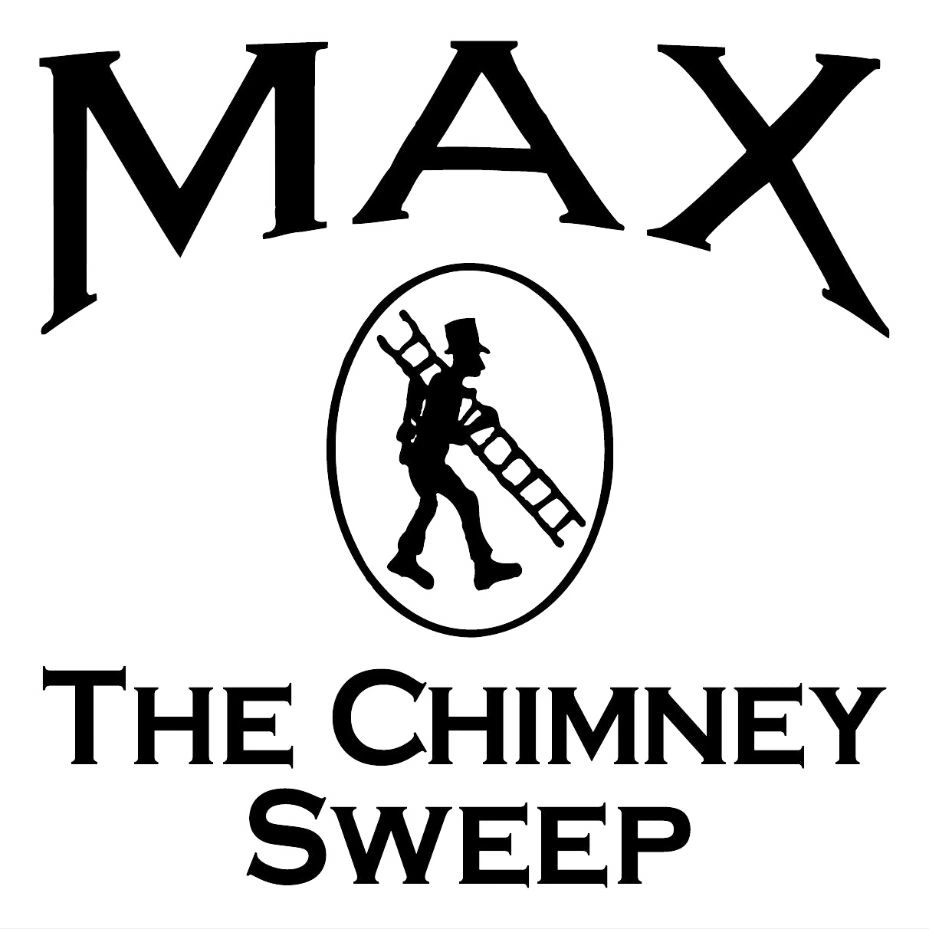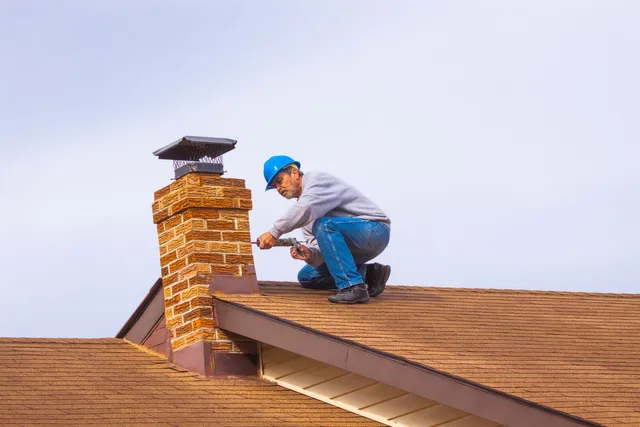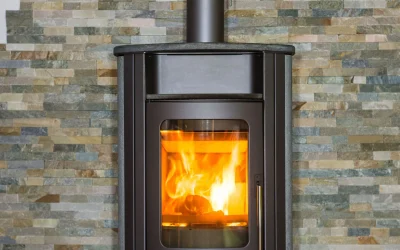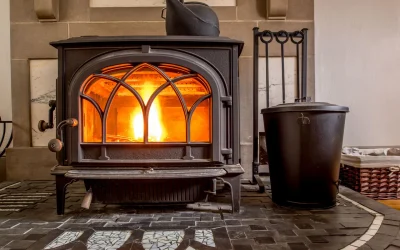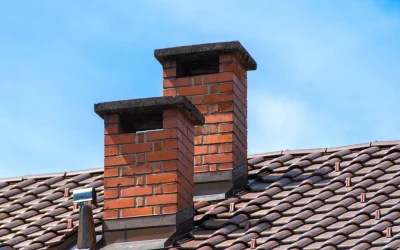Chimney cleaning is essential. Regular inspection and cleaning of your chimney can prevent fires and keep you and your loved ones safe. Read on to learn about the importance of chimney cleaning.
What are the Hazards?
A hazardous tar-like substance, called creosote, can build up in your chimney’s flue liner over time. If cleaned up quickly, creosote removal is relatively easy. If, however, it’s left to build up, it can become stiff and difficult to clean. At this point, the creosote has become a fire hazard.
Creosote is dangerous because of its corrosive nature and because it is a highly flammable substance and could cause a fire in the chimney. If a fire should ignite within the chimney, it can quickly spread to other house areas, such as the attic.
Other potential hazards in a chimney could be soot buildup or birds’ nests. Any of these blockages within the chimney could lead to carbon monoxide poisoning, a severe condition that can lead to severe illness or death. A regular inspection and cleaning of the chimney can prevent fires, injury, and illness.
What Signs Should You Look For?
Soot dripping into the fireplace: A sure sign of a blockage in your chimney is seeing soot dropping into the fireplace. The soot will drift up and stick to the chimney walls in a clean chimney.
Signs of Animal Life: An unused fireplace makes for an attractive home for all kinds of tiny creatures. If you haven’t used your fireplace for a while, listen and observe before lighting your next fire to ensure no nests are blocking the chimney.
A Weak Fire: A strong and healthy fire requires oxygen to burn well. However, a blockage within the chimney will make this difficult. The backup will prevent enough oxygen from reaching the flame, and you will struggle to keep it burning. If you notice that building a fire is a challenge, it may be time for a professional chimney cleaning.
Presence of Tar: If you notice a black, sticky, and tar-like substance in your fireplace, it is time to call someone to inspect and clean your chimney. This substance is called creosote, and it is a leading contributor to chimney fires.
What To Do Next?
According to PJ Fitzpatrick, if you’ve noticed a funny smell in your chimney, it may be a buildup of creosote. You should schedule a professional chimney cleaning and consider investing in commercial deodorant today.
